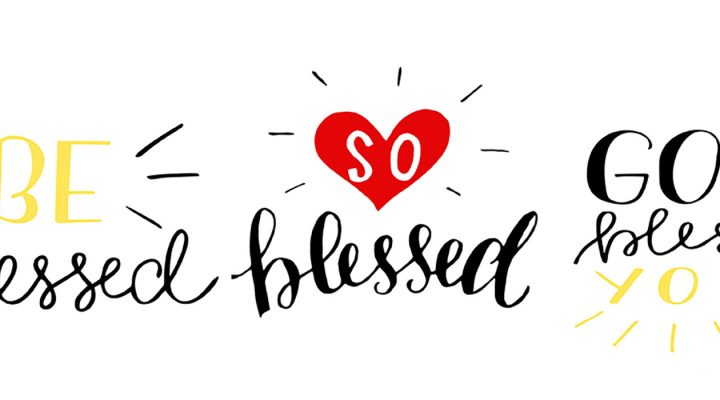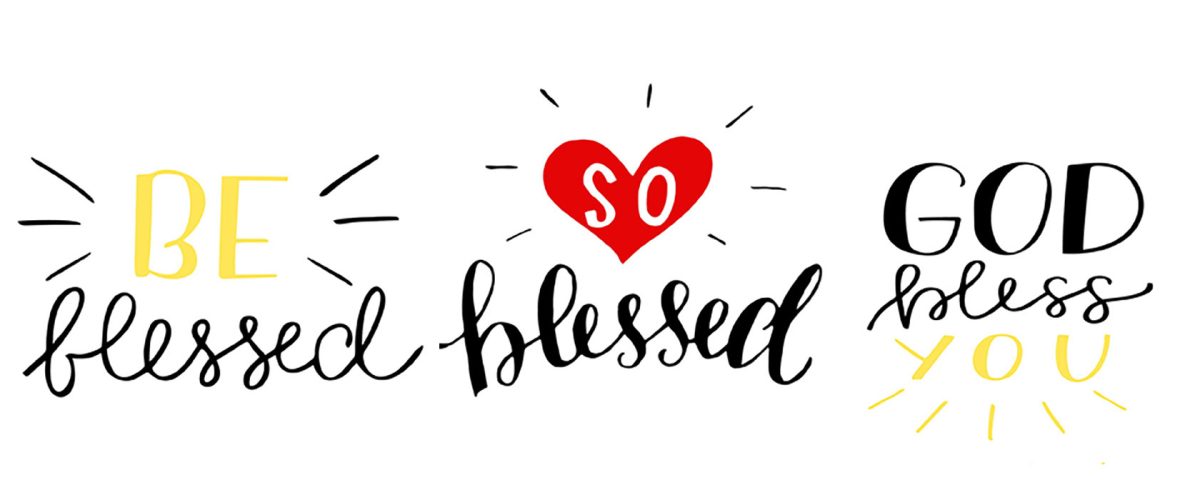Memories have become capricious things as I approach my seventh decade on Planet Earth. Conversations I could swear happened just a few days ago actually stretch back 20 years or more, yet there are days when I can’t remember whether I had tea or coffee for breakfast.

Prince William, Prince of Wales, King Charles III, Prince Harry, Duke of Sussex, and Catherine, Princess of Wales, watch as HM Queen Elizabeth’s coffin is carried out of the doors of Westminster Abbey during The State Funeral Of Queen Elizabeth II at Westminster Abbey on September 19, 2022 in London, England. (Photo by Karwai Tang/WireImage)
One such memory came back as I watched the pomp and pageantry of Queen Elizabeth II’s state funeral. My memory bank opened as I saw King Charles III’s sibling, Princess Anne, cast a concerned sisterly look his way as they marched behind their mother’s casket on its flag-draped gun carriage leaving Westminster Abbey. Sometime later, while a smaller crowd of royal family and household staff stood in St. George’s Chapel at Windsor Castle, I saw Charles with red-rimmed eyes, jaw muscles contracted as if trying not to sob aloud, while the gathering sang “God Save the King” after his mother’s coffin disappeared into the vault below.
Yes, he is now “Charles III, by the grace of God King of Great Britain and Northern Ireland, Defender of the Faith, and Head of all the Commonwealth and Territories,” yet he is still a son whose mother has died.
In that moment, I remembered a 2002 conversation with the late United Methodist Bishop David Lawson as I explained that my absence from church affairs was caused by my mother’s death.
“Ah,” Bishop Lawson said after a few silent moments. “You’ve entered the Long Good-Bye.”
“The Long Good-Bye comes to all of us.”
The Long Good-Bye comes to all of us. The passing of people and circumstances erodes our brittle shells of self-preservation, leaving behind what we spiritual directors sometimes call humans’ “existential poverty” — the awareness of our mortality.
Such awareness emerges even among the youngest of us. A popular Facebook video of a family singing “Happy Birthday” concludes with one of the little brothers opining, “Even though death is upon us.” The embarrassed titters of his elders at the child’s remark show how much we try to avoid the knowledge that all who live will die, even little children at a birthday party.
Yet still we turn from the reality of our deaths.
Scant months before my mother died, I served on a local faith resources committee connected to a major Bill Moyers-PBS project on dying in America. I learned two important lessons from that experience:
- Dying is a spiritual event, not a medical event.
- Hardly anyone wants to talk about death, let alone plan for it.
Understanding dying as a spiritual event has led me to the conviction that far from being a curse, our mortality conveys not only blessing as an object but blessing as a practice. Resisting the reality of death deprives us of the deepest joys of life.
Let me explain.
Like many young Christians, I long considered “blessings” to be those material things we sought from God, whom some wags have characterized as “that great gumball machine in the sky.” I was confused and even frightened when adults would say that so-and-so’s death after a long painful illness was “a blessing.” Death terrified me.
“I was confused and even frightened when adults would say that so-and-so’s death after a long painful illness was ‘a blessing.’”
Then, when I was 18, my beloved father died after a year of suffering from cardiovascular disease. Worse, he died the day after his cardiologist told him he was so much better that his monthly check-ups could be reduced to quarterly visits. The next day, as he worked at a small fresh produce booth he’d set up at a local flea market because he no longer could work as the manager of a major grocery store, Daddy stood up to serve a customer and fell over dead.
I was angry for years thereafter. Angry at my mother for the tempestuous times of their marriage. Angry at myself for having gone back to sleep when I should have gotten up to tell my father good-bye on his way to work. Most of all, I was angry at God for letting the good man who was my father die only 20 days short of his 46th birthday on Christmas Eve. Even after a much-later realization that my father probably died of a pulmonary embolism rather than a heart attack, making his passing mercifully quick, a small flame of anger smoldered deep in my soul. That unacknowledged anger colored my life for decades.
Then in 1997 I went into the hospital for surgery to remove a hyperactive nodule on my thyroid gland. Instead, the surgeon found cancer on the gland’s midline where it would have been undetectable had I not been having ferocious thyroid storms from the “hot” nodule spewing out excess hormones. When I awoke in recovery to hear my surgeon say he’d removed my cancerous thyroid gland, I thought I was suffering drug hallucinations. I drifted back asleep, unsure of what I’d heard.
“Sometime later I woke again in the recovery ward, but I was not alone.”
Sometime later I woke again in the recovery ward, but I was not alone. Still drugged, I was nonetheless aware of a Presence surrounding me with a spiritual peace I had not ever known before. All that restless night, as I drifted in and out of consciousness, the question kept returning, “Do I really have cancer?” Each time the Presence answered, “Yes, but I am with you.”
“Yes, but I am with you.” This blessing led me to ponder ever more deeply what it meant to be blessed with inescapable, visceral knowledge that like my father and mother, someday I will die.
Because of that blessing, I began to lose the binary theology instilled in me from my evangelical youth. No longer were events solely good or evil. Instead, they became opportunities from which one could discern good and through that discernment, resist whatever evil had presented itself. Although this concept had long been codified in The United Methodist Church’s baptismal covenant, until the blessing of mortality I had spoken the words without understanding the true depth of their meaning.
Furthermore, the process of discerning blessings made it possible to transmit blessings to other people who were struggling just as hard as I was to face their fear and anger at death. In the place of scorn and derision for adversaries, I developed compassion. In the place of fear, I cultivated attentiveness to the Presence. In the place of despair at the world’s fallen state, I practiced endurance, and thus began to reap hope, as Paul describes in Romans 5:5-6.
“Our Christian spirituality in the United States has given us an impoverished concept of ‘blessing.’”
After three years’ seminary study and nearly a decade as a professional spiritual director, I have discerned that our Christian spirituality in the United States has given us an impoverished concept of “blessing.” This spiritual poverty endangers our society and our world.
Our intercessions for healing for ourselves and others run aground on our physical inactivity and consumption of “food-like products.” Our pleas for an end to police brutality and gun violence falter on our resistance to practicing conflict resolution resulting in mutual safety. Our belief that “might makes right” imperils our world’s existence with nuclear weapons. Our lust for authoritarian figures to solve our problems for us unveils our lazy selfishness. Our conviction that we are given dominance over God’s creation has led us to ravage the planet with extractive economies instead of living interdependently with all the world’s species. In none of these instances, and thousands like them, have we sought authentic blessing, which I now believe is learning how to bless one another.
On his deathbed, Methodism’s founder John Wesley is reputed to have said, “Best of all, God is with us.” From my own experience, Wesley’s statement of faith has become my ultimate blessing, my sustenance and my joy. Now when death claims me, I shall be blessed, and I hope, still blessing those I leave behind.
Cynthia B. Astle is a veteran journalist who has covered the worldwide United Methodist Church at all levels for more than 30 years. She serves as editor of United Methodist Insight, an online journal she founded in 2011.
Other articles in this series:
‘We’re so blessed!’ | Opinion by Mark Wingfield
Blessing is not about good fortune; it is akin to God’s love | Opinion by Ann Bell Worley
Original blessing, the #blessed hashtag, and what it really means to be blessed | Opinion by Andrew Daugherty
When being a ‘blessing’ comes with some baggage | Opinion by Amber Cantorna


